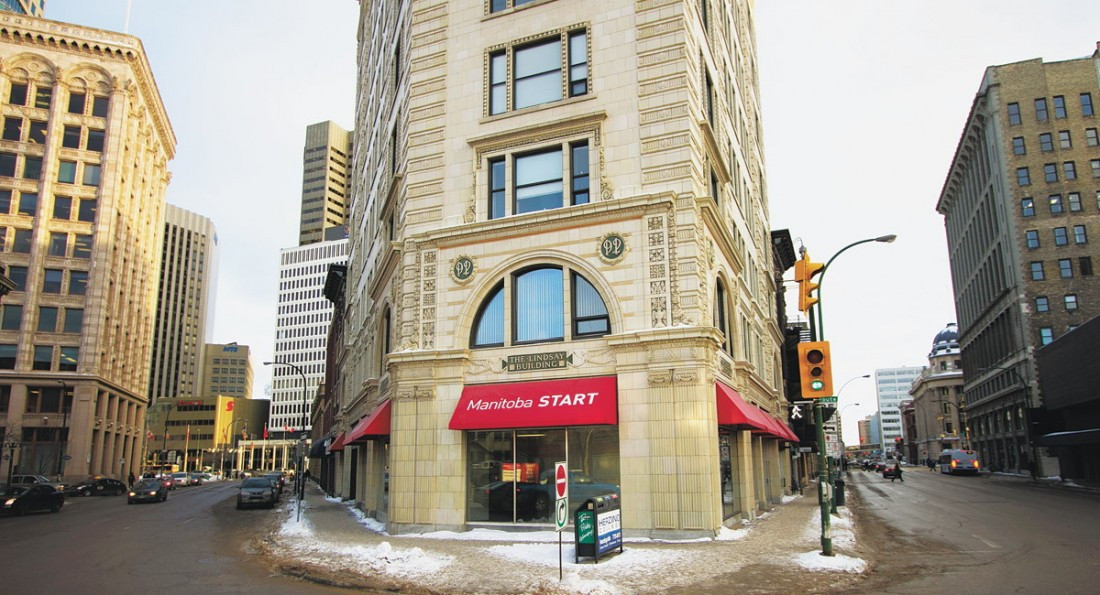Small town, big ideas
Three discussion points to jumpstart the conversation
As the political sweepstakes begin to heat up in advance of the October municipal election, several candidates are now seen to be eyeing the mayoral job. What is lacking, however, is a deficit of any clear vision or policy from any of these prototypical political hopefuls. With that in mind, here are what I believe to be three rational, innovative and thought provoking ideas for Winnipeggers to consider.
Reimagine libraries as vibrant public spaces
To most, public spaces in Winnipeg are restricted to the crumbling recreation centres and the draconian and arcane operating hours of City libraries. What better ways can we think of to discourage visitors to our downtown then by closing off our libraries at 9 pm, or by 5 pm on Sunday?
We need to examine and reimagine what role libraries can play for all Winnipeggers, as a clean and hospitable working environment, meeting place or cultural hotspot. Libraries should hold multiple functions as centres for academic, cultural and social excellence. Extend library hours and remove fees for booking them and watch these century old buildings come alive.
Make public transit free for all
Beyond the practical implications of free transit, with the potential to take people off the roads and reduce reliance on cars, we should consider the wider role that transit can play. While some may balk at the idea of “subsidizing” transit in the city, the actual numbers show a bit of a different story: the 2014 preliminary budget for the City of Winnipeg reports that it costs just over $172 million to run Winnipeg Transit on a yearly basis. Of that, the City of Winnipeg contributes $47.6 million, while the Province of Manitoba adds just over $40 million, with fares making up the rest of the revenue at $84 million.
Instead of only looking at the practical means, let’s imagine the potential of free transit for poverty alleviation. While the longstanding agreement between the City and the Province stipulates that costs must be split between the two bodies, it is not unreasonable for the City to lobby the Province to tally up its share of the $84 million as a welfare benefit. In a city marred by poverty and divided neighbourhoods, maybe free transit is just the emancipatory tool that Winnipeg needs to break down barriers, especially when working in the best interest of the social welfare of the city.
Reexamine the future of development for downtown Winnipeg
Currently a process driven by Centre Venture, downtown Winnipeg is headed down a bizarre path of trying to become a “destination downtown”, an already tried strategy through the implementation of previous efforts like the Centennial Concert Hall, Portage Place and now the MTS Centre.
Instead, Winnipeg should strike a new model of downtown development; one where a consensus-modeled council of students, businesses, culture and residents can work together to create a downtown that fits all of their needs. Having a business development corporation calling the shots without significant public consultation (or democratic process) only leads us to repeat the same mistakes that have marred public efforts to help our inner city. Let’s work together to make a downtown that all Winnipeggers can enjoy.
Zach Fleisher studies politics at the University of Winnipeg.
Part of the series: The Urban Issue 2014
Published in Volume 68, Number 25 of The Uniter (March 27, 2014)







